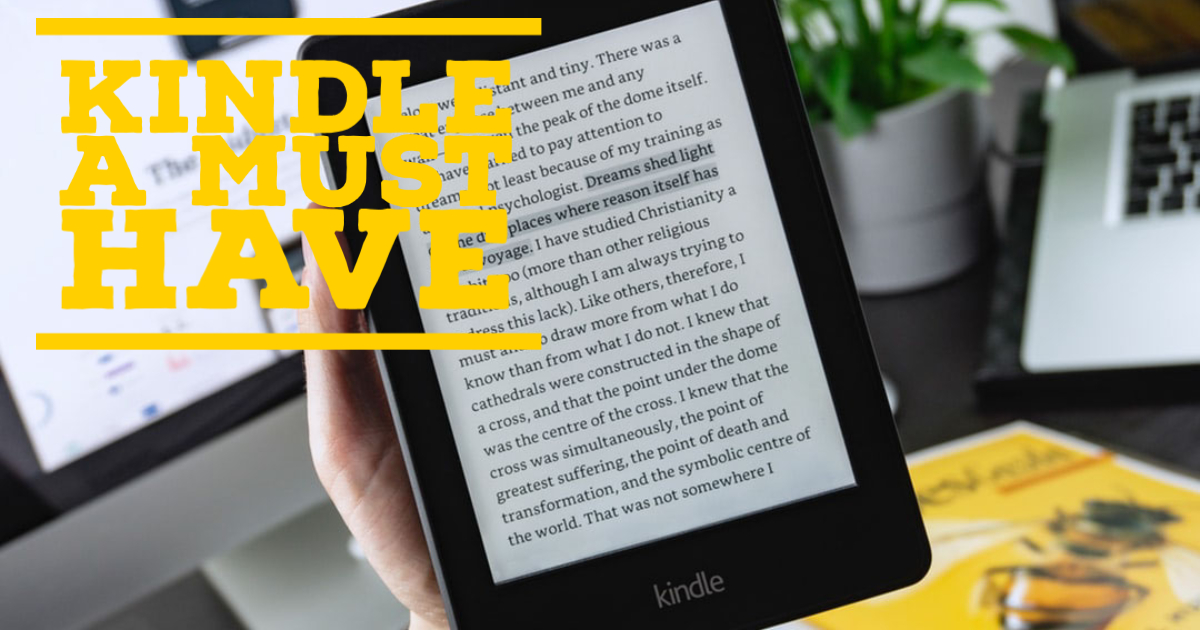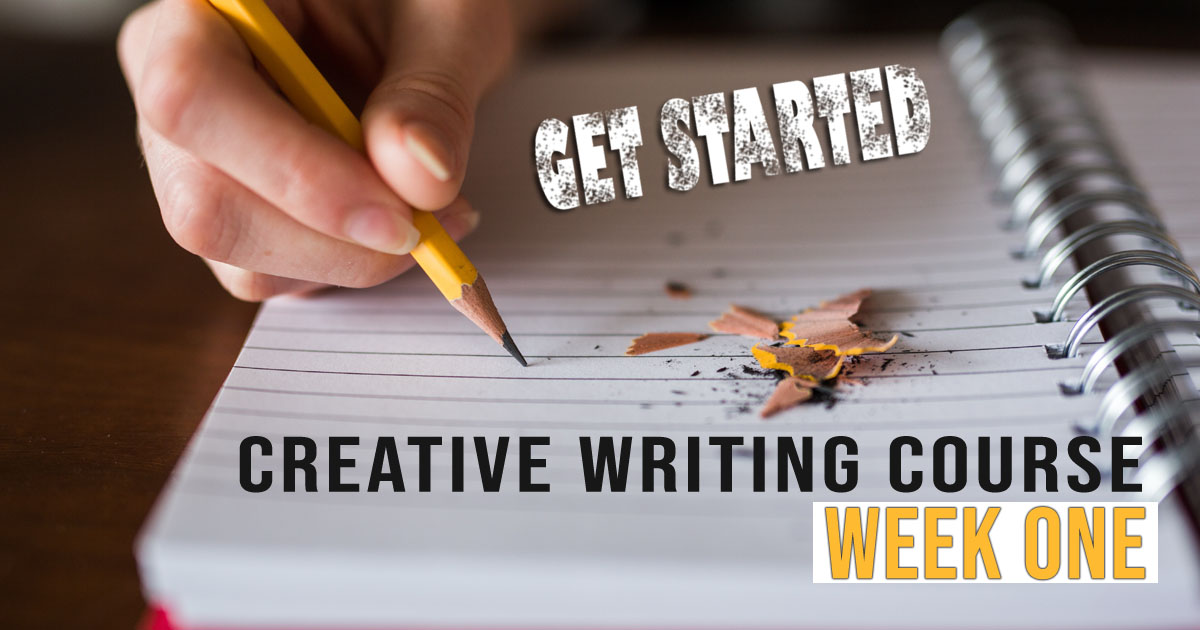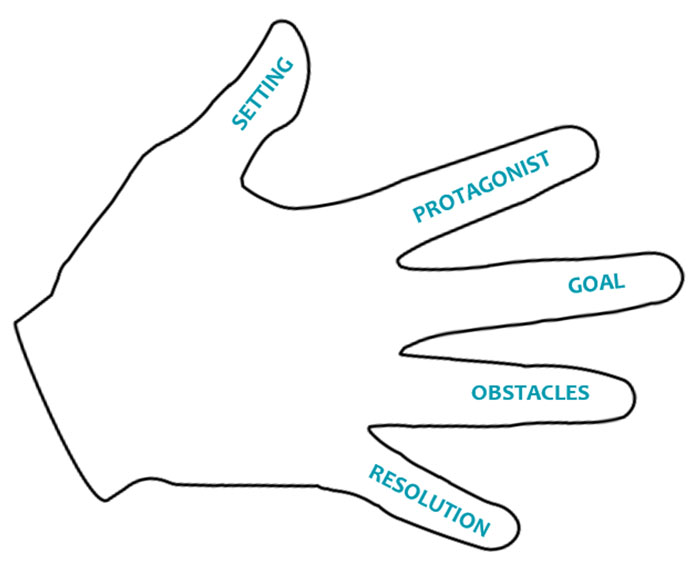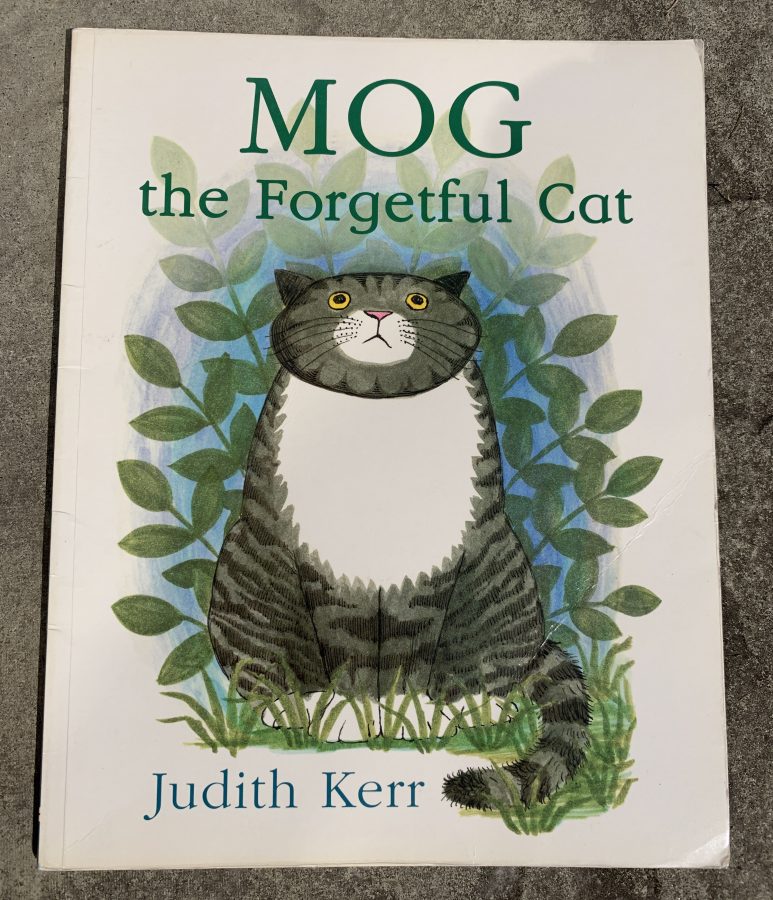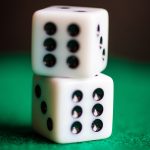I hated the idea of a Kindle – it seemed like being unfaithful to books. My mum offered to buy me one for my birthday a few years back and I decline (politely, of course). Besides, I wasn’t really reading enough books to warrant it.
Then, last birthday, my parents gave me some money and I decided to buy myself a Kindle. Not because I wanted to read books on it, but because I was helping lots of other people to publish their books on Kindle and I thought I should probably see what their e-books looked like in real life.
After a lot of research, I bought a Kindle Paperwhite.
Lots of e-readers do internet browsing and fancy stuff, but I wanted something that concentrated on books and nothing else.
Here it is, in its lovely custard coloured, Amazon jacket (which you have to buy separately – of course!).
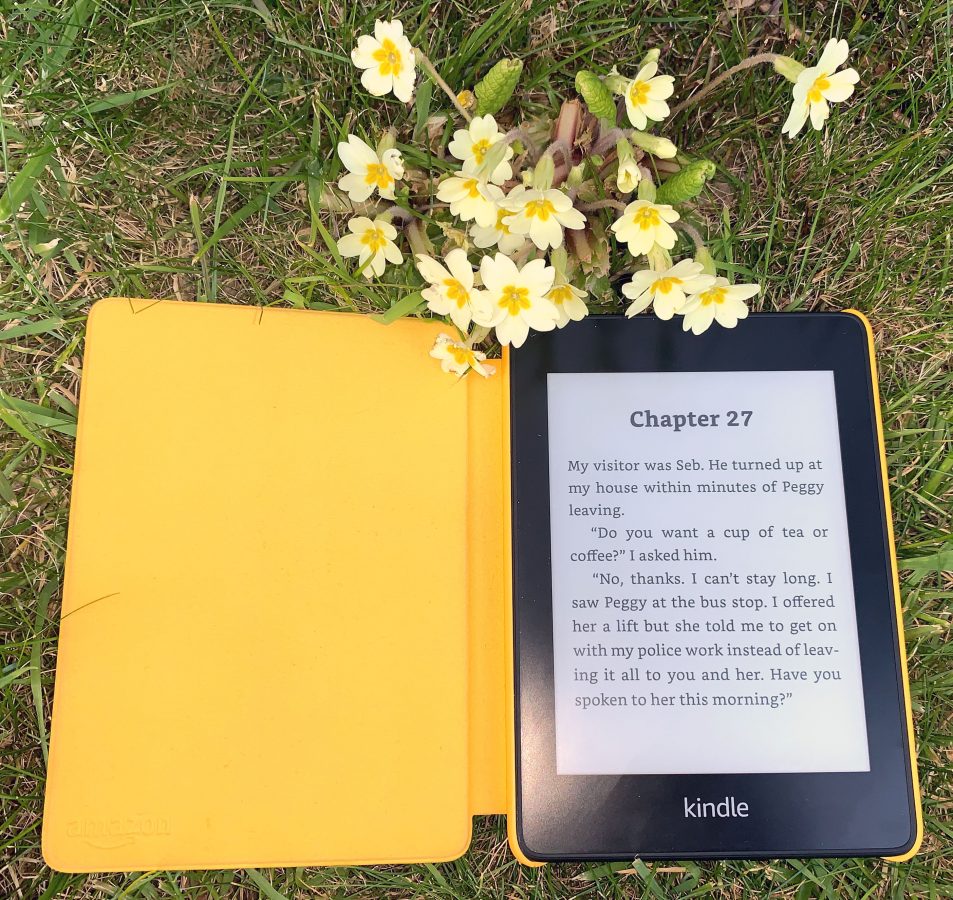
SO, DID I CHUCK OUT THE PAPERBACKS?
Having been fairly late to the e-reader party, I finally realised the full benefits of it and I will tell anyone who’ll listen (and those who won’t), that I ABSOLUTELY LOVE my Kindle for three very good reasons.
AS A READER
As a busy home-educating mum with kids who need delivering to stimulating activities many times a day, I cannot understand how I lived without my ‘little yellow library’ before. Standing on the windy seafront outside Sea Cadets, in the cramped sweaty lobby of the karate dojo, trying to be quiet whilst perched on the piano teacher’s sofa, or (currently) queuing outside the supermarket for my ‘pandemic essentials’, I can grab my novel of choice and get reading in an instant.
I can even read my books in the bath without the pages getting soggy (it’s waterproof – apparently), and in bed without having the light on, because it has clever back-lights hidden somewhere under the screen that don’t disturb anyone else who you might be sharing your bed with (get your mind out of the gutter – I’m thinking; husband/partner and the inevitable, sleepless toddler).
From an author’s perspective, having access to cheap and often free books by a wide selection of authors – including self-published ones is an invaluable learning tool – I always recommend on my writing courses that writers read a lot to learn how other authors approach things like dialogue, tension, drama and description, etc…
I have honestly never read so many books before.
AS A WRITER
I love that you can send Microsoft Word documents, RTF and PDF files to your Kindle to read ‘on the go’ (and this may well be true of other e-readers too). I frequently send novels that I am asked to edit to my Kindle for a first read-through, which means that I can get it done wherever I happen to be (my Kindle goes everywhere with me, unlike my laptop). I will also send the latest chapters of my own WIP (work in progress) to read through.
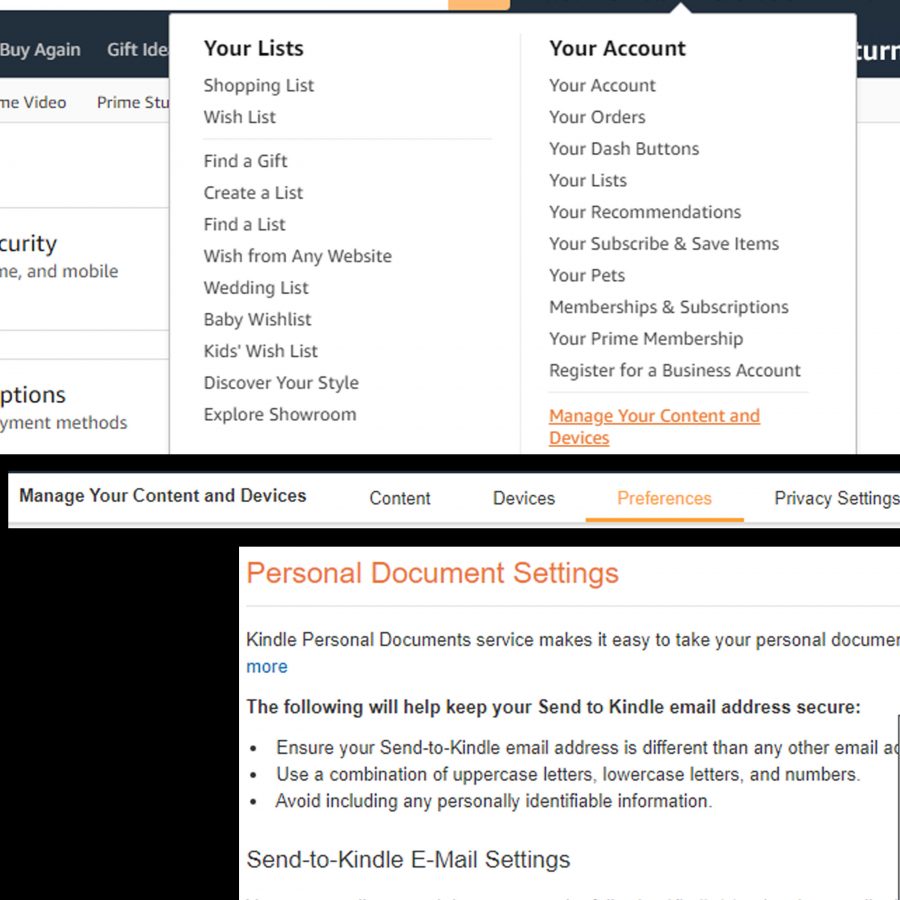
This is done by sending your document as an attachment to the unique @kindle address assigned to every Kindle owner.
You can find your @kindle email address in your Amazon account under MANAGE YOUR CONTENT AND DEVICES, select PREFERENCES from the top bar, then click on PERSONAL DOCUMENT PREFERENCES and it will be listed below Send-to-Kindle E-Mail Settings.
AS AN ECO-CONSCIOUS PERSON
If the previous two points haven’t been enough to convert you to ebooks, then perhaps the ecological benefit of not printing so many novels should be enough to persuade you, as a writer, to use a Kindle (or other e-reader) and promote e-books over paperbacks.
I specifically mention novels, rather than books in general, because not all books work so well in digital format.
There is, of course the added benefit that the royalties are usually higher for the e-book version than the paperback, so it is a win for you and the environment.
I recently took my Kindle with me to a talk at a writer’s group where most of the audience were decidedly senior and had never considered an e-reader.

When I explained how it worked and showed them some books on mine, there was a general realisation that the lightness and portability would probably encourage many of them to get one.
I will continue to ‘harp on’ about the ecological benefits of digital books, because I truly do believe that it is something authors can proactively do, in their own little way, to help reduce our cost to this planet.
Preaching over.
Are you a Kindle convert? Have my arguments won you over? Let me know.
